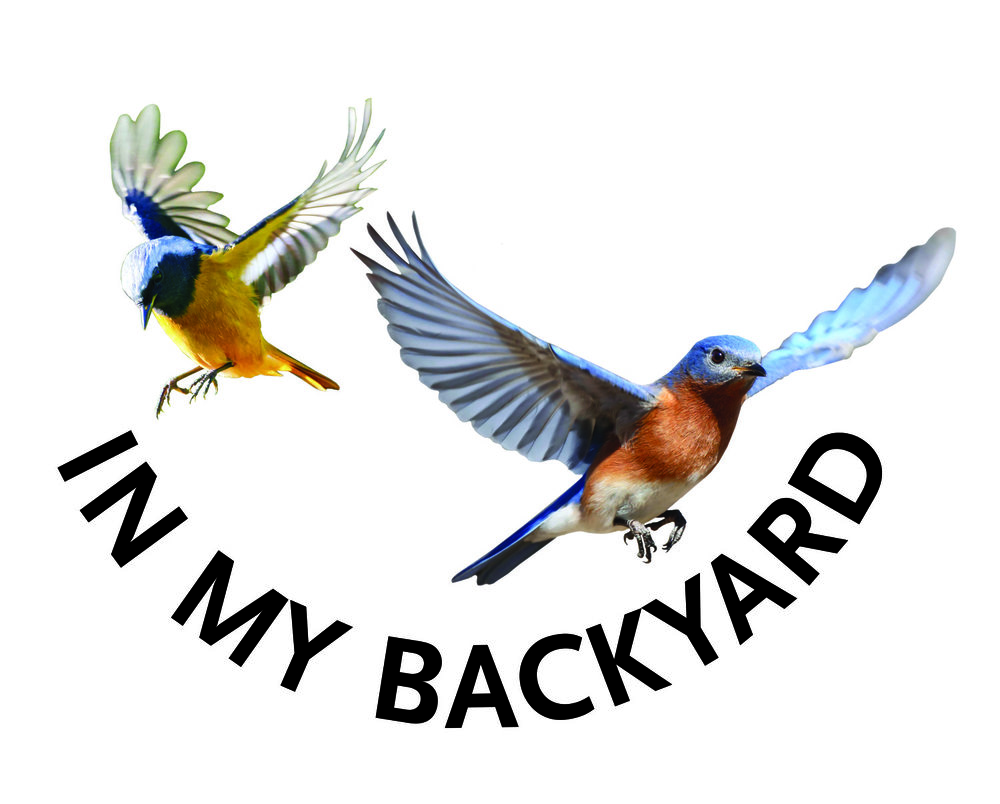Many of us in Athens are stressed because of the Blue Heron who has fishing line wrapped around his mouth. After reading several very similar posts online of Blue Herons that were injured by fishing line and other trash that we discard. We must continue to raise awareness of hazards associated with these practices. They can be detrimental to the wildlife in our natural habitats.
We want to do something to help the Heron but we should act with caution. Several websites as well as experts indicated the danger of nonprofessionals attempting to rescue a Heron.
A rescue: https://vimeo.com/82502275
The position held by most experts is to observe until the bird is unable to fly and even then approach the bird with caution and control the beak because it can pierce through the body. Heron rescue: http://www.werc-ca.org/great-blue-heron.html
Also, as noted in http://theraptortrust.org/the-birds/injured/handling/ "Wading birds such as herons, egrets and bitterns are difficult to handle and can be very dangerous to rescue. Most are large (Great blue herons are four feet tall), long-legged, long-necked, birds with formidable beaks. They primarily eat fish, capturing them by stabbing and impaling them with their beaks. These birds are capable of inflicting a painful and serious wound. Be careful when handling them. The best way to capture any of these birds is with a long-handled, large fishing net. If a net is not available, use a blanket or coat and cover the entire bird before picking it up. If you must carry the bird in your arms, be sure to keep its beak away from your face. Place it in a box suitable for the bird’s size, and keep it warm, dark and quiet until you can get it to a rehabber".





